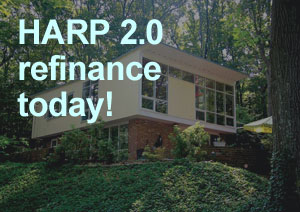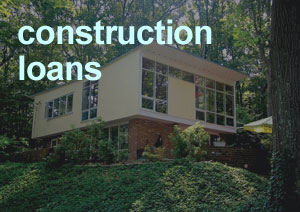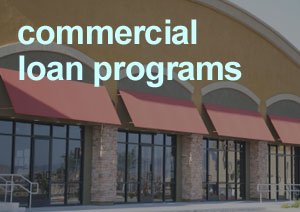FAQ
Like most first-time or even experienced home buyers, you have questions. 1st Eagle Mortgage can guide you through the entire qualification and loan process.
Below are a number of basic mortgage FAQ that will clarify some of your initial concerns. If you have additional questions or would like to schedule an appointment with a 1st Eagle Mortgage, Inc. loan expert, please contact us at 847.441.4116.
What is the difference between pre-approval and pre-qualification?
The pre-approval process is much more complete than pre-qualification. For pre-qualification, the loan officer asks you a few questions and provides you with a pre-qual letter. Pre-approval includes additional steps including an automated underwriting system which is used by most lenders. Finally, a full underwritten approval goes through all the steps, except for the purchase agreement, appraisal and title search. A full underwritten approval can put you in a better negotiating position, much like a cash buyer. 1st Eagle Mortgage can give you this full approval while you’re house hunting.
What is the difference between a mortgage broker and a lender?
A mortgage broker counsels you on the loans available from different wholesalers, takes your application, and usually processes the loan which involves putting together the complete file of information about your transaction including the credit report, appraisal, verification of your employment and assets, and so on. When the file is complete, but sometimes sooner, the lender “underwrites” the loan, which means deciding whether or not you are an acceptable risk.
Will I save money going directly to a mortgage lender?
Not necessarily. In fact, if you are a reasonably astute shopper, you will probably do better dealing with a mortgage broker. Mortgage brokers do not add any net cost to the lending process, because they perform functions that would otherwise have to be done by employees of the lender. Furthermore, because mortgage brokers deal with multiple lenders — in a typical case, 25 to 30, sometimes more — they can shop for the best terms available on any given day. In addition, they can find the lenders who specialize in various market niches that many other lenders avoid, such as loans to applicants with poor credit ratings, loans to borrowers who do not intend to occupy the property, loans with minimal or no down payment, and so on.
When does it make sense to refinance?
Usually people refinance to save money, either by obtaining a lower interest rate or by reducing the term of the loan. Refinancing is also a way to convert an adjustable loan to a fixed loan or to consolidate debts. The decision to refinance can be difficult, since there are several reasons to refinance. However, if you are looking to save money, try this calculation:
Calculate the total cost of the refinance
Calculate the monthly savings
Divide the total cost of the refinance (#1) by the monthly savings (#2). This is the “break even” time. If you own the house longer than this, you will save money by refinancing.
Since refinancing is a complex topic, consult a mortgage professional.
What is a good faith estimate?
It is the list of settlement charges that the lender is obliged to provide the borrower within three business days of receiving the loan application.
What is a conforming loan?
A loan eligible for purchase by the two major Federally sponsored agencies that buy mortgages, Fannie Mae and Freddie Mac. The current maximum loan amount is $417,000.
What is a jumbo mortgage?
A mortgage larger than the maximum eligible for conforming purchase by the two Federally sponsored agencies, Fannie Mae and Freddie Mac.






